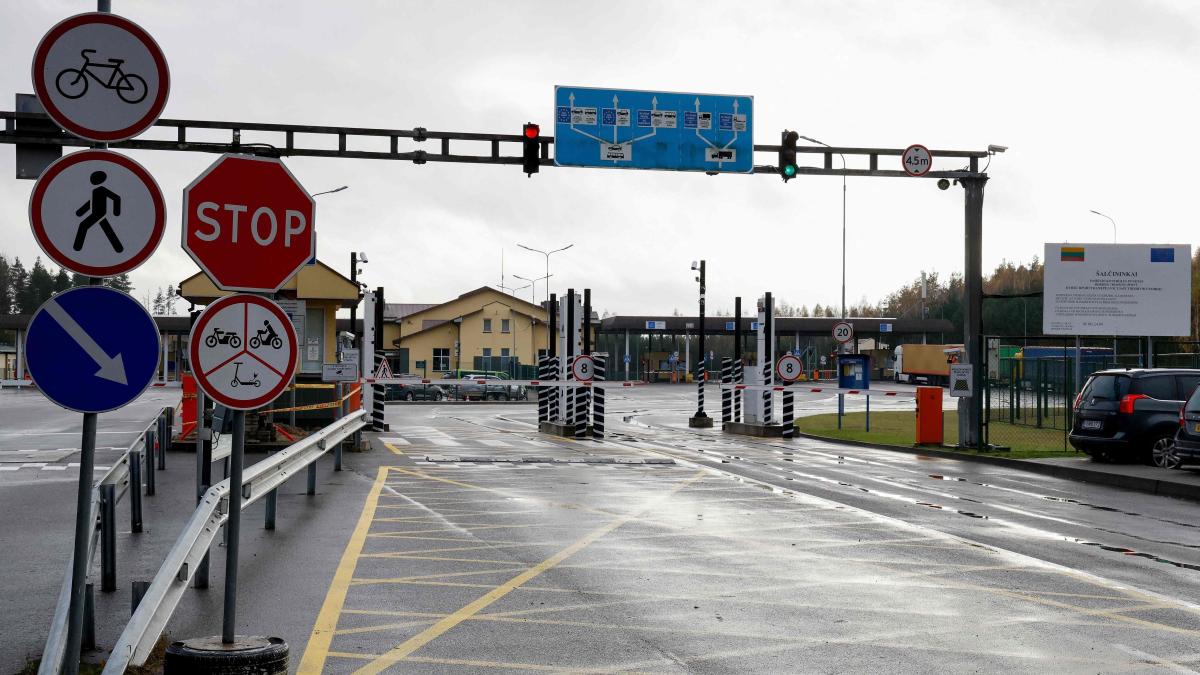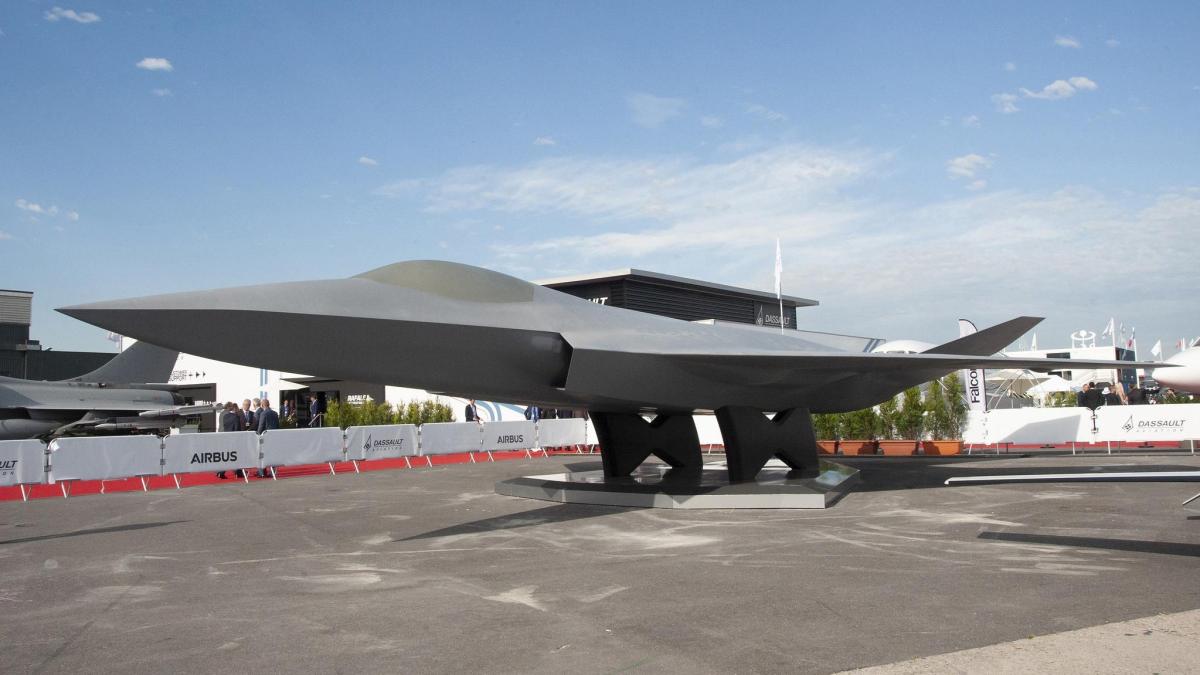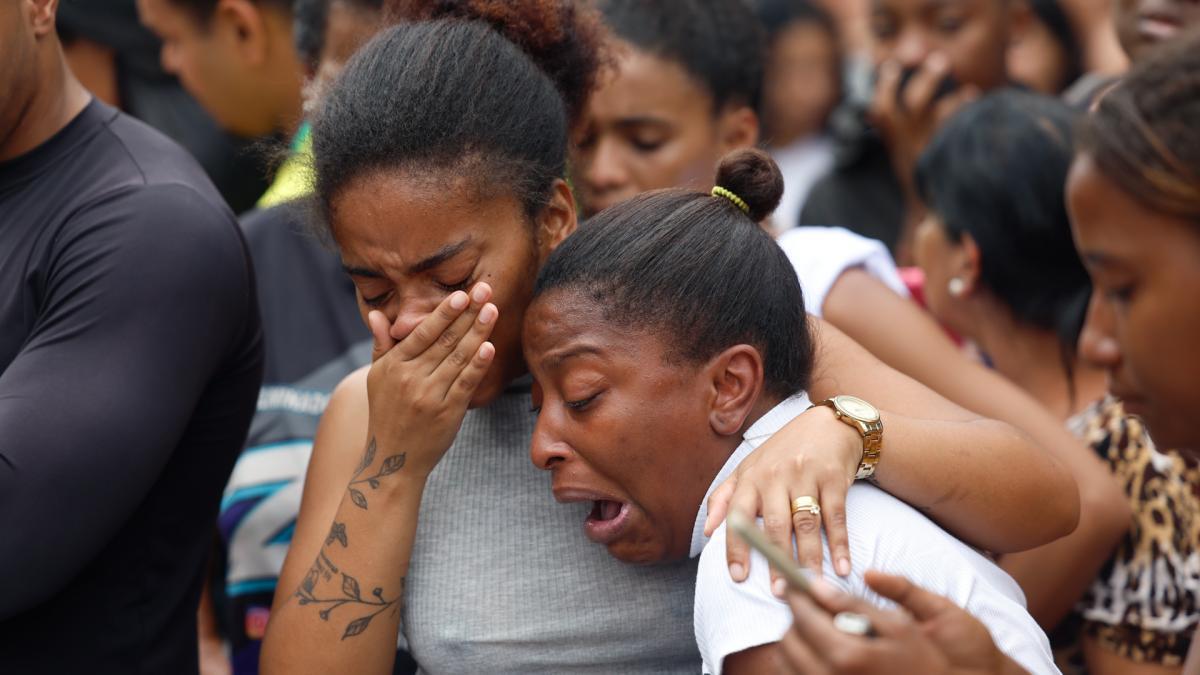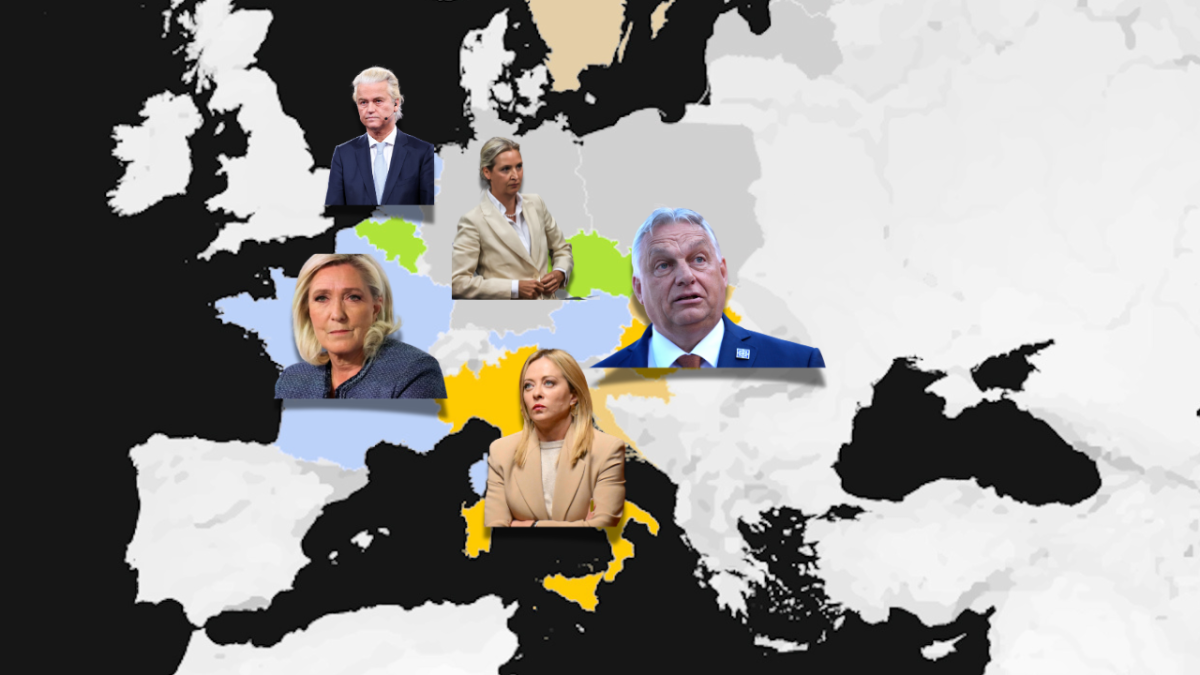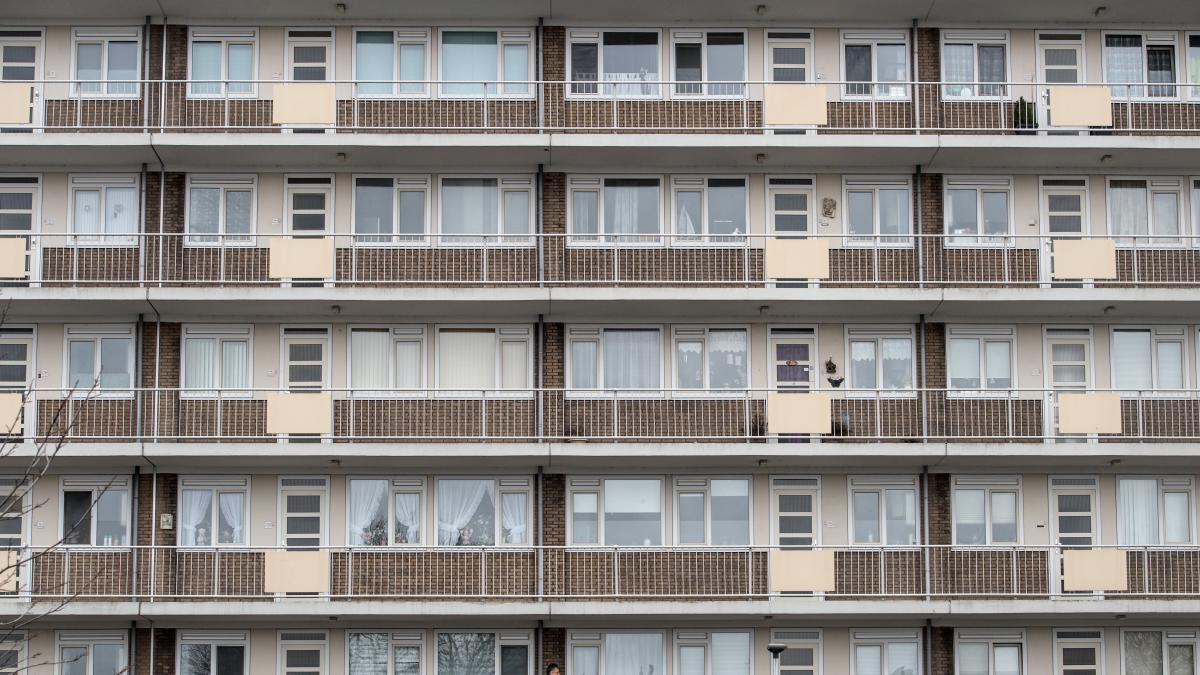In a shocking escalation of violence, at least five individuals have lost their lives, and 24 more have been injured following yet another Israeli bombing in central Beirut. This attack marks the third within just two days, amplifying fears of a spiraling conflict. The devastating blast occurred shortly before 7 PM in Zoqaq el Blat, a densely populated area situated merely 350 meters from the United Nations headquarters and 500 meters from the Lebanese Government Palace. The incident raises pressing questions about the ongoing Israeli operations in Lebanon amid a humanitarian crisis.
Reports indicate that the target of the Israeli airstrike was a bustling cafeteria, a locale frequented by civilians. Currently, the motives behind this operation remain shrouded in mystery, prompting speculation and concern across the region. Local media have noted that Zoqaq el Blat is not under Hizbullah control, even though many Shiite residents from the southern neighborhoods have sought refuge there since the commencement of the air offensive last September.
Northern Israel Struck
Casualties Escalate on Both Sides
The violence did not end in Lebanon. In northern Israel, a woman perished in Haifa after being struck by a missile launched by Hizbullah. Sources from Israeli Army Radio confirm that around five projectiles were fired from Lebanon, resurrecting fears of a wide-scale conflict in the region. In a related incident, four other individuals sustained minor injuries in a suburb of Tel Aviv from shrapnel generated by a projectile intercepted by the Israeli anti-aircraft systems.
Hizbullah has publicly asserted its responsibility for launching explosive drones aimed at the Regavim military base, known to house training camps for the Golani Brigade. While the militia claims that its attacks were successful, the Israeli army has yet to affirm or deny these reports. The frequency and intensity of these exchanges signal a dangerously escalating conflict.
These latest developments come as the United States envoy, Amos Hochstein, prepares to arrive in Lebanon to resume delicate negotiations with the government led by Najib Mikati. The objective of these talks encompasses finding a ceasefire solution, yet current hostilities significantly undermine this possibility.
A Lebanese official, alongside local media sources, reports that Beirut has proactively submitted a written response to a United States truce proposal. This proposal was conveyed last week to Parliament Speaker Nabih Berri, who is backed by the Shiite party in negotiations. With bloodshed continuing to dominate the narrative, the hopes for a diplomatic resolution seem increasingly bleak.
As the specter of war looms over Lebanon, one must consider the catastrophic implications of this renewed violence. The erosion of civilian safety and the resurgence of military conflicts threaten to spiral into an uncontrollable crisis. As we await further updates on the humanitarian fallout from these events, it is essential to maintain vigilance regarding the ongoing struggle for peace and stability within the region.
In conclusion, the recent bombing near the Lebanese government headquarters not only claims lives but also deepens the crisis engulfing the region. As the world watches, the decision-makers must rise to the occasion, prioritize human safety, and work towards a resolution before it’s too late.





